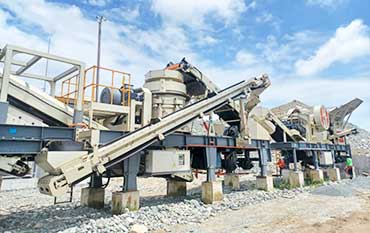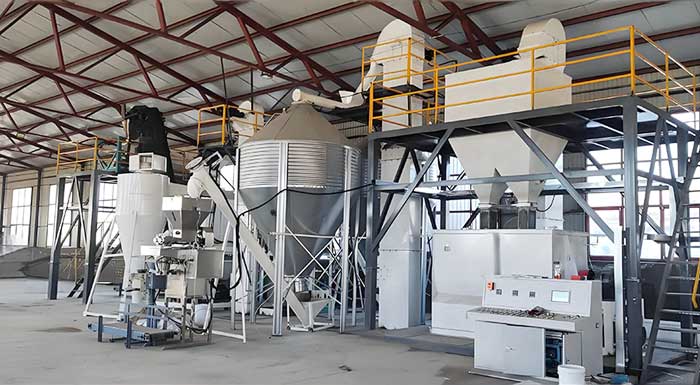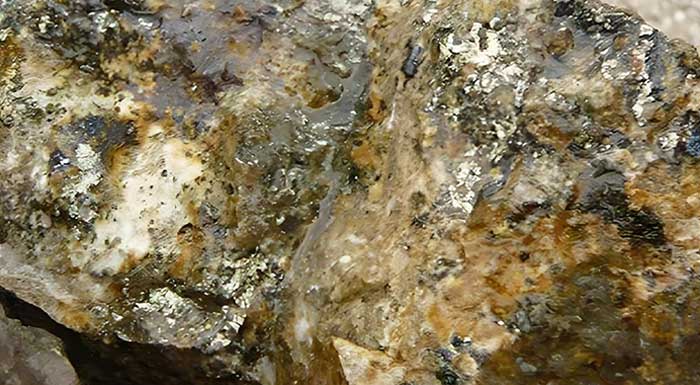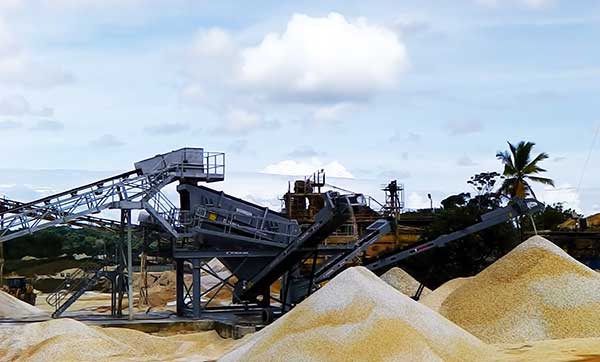Jaw Crusher Working Principle | Applications| Benefits
A jaw crusher is a popular crushing machine used in the mining, construction, and recycling industries. It is commonly used in applications where the primary objective is to reduce large rocks into smaller sized rocks, gravel, or rock dust. This article will explain how a jaw crusher works, its applications, and its benefits.

Jaw Crusher Working Principle
A jaw crusher uses compressive force for breaking of particles. This mechanical pressure is achieved by the two jaws of the crusher of which one is fixed while the other reciprocates. A jaw or toggle crusher consists of a set of vertical jaws, one jaw is kept stationary and is called a fixed jaw while the other jaw, called a swing jaw, moves back and forth relative to it, by a cam or pitman mechanism, acting like a class II lever or a nutcracker. The volume or cavity between the two jaws is called the crushing chamber. The movement of the swing jaw can be quite small, since complete crushing is not performed in one stroke.
When the swing jaw is rising, it is opening, at the top, during the first half of the stroke, and closing during the second half, whereas the bottom of the jaw is closing during the entire up-stroke. A reversal of this motion occurs during the downstroke of the eccentric. The resulting compression of the material tends to break the material, with less likelihood of fracturing it.
Jaw Crusher Applications
Jaw crushers are used in a wide variety of industries across many fields. Below are just some of the materials crushed by our customers:

- Hard rock and ores
- Aggregates and construction materials
- Economic refrigeration
- Ceramics and tiles
- Industrial piping
- Materials for energy plant utilities
- Food industry materials
- Pharmaceuticals and more.
Jaw Crusher Benefits
- Efficient Crushing: Jaw crushers are known to be efficient in crushing a wide variety of materials, including hard rocks and ores. They are able to handle the largest-sized rocks due to their relatively high output.
- Low Maintenance: Jaw crushers are known to require minimal maintenance and repairs. They are built to last and require little or no attention during normal operation.
- Cost-Effective: Jaw crushers provide a cost-effective means of crushing materials in terms of fuel consumption, with low operating costs.
In conclusion, a jaw crusher is a versatile and efficient piece of machinery that is capable of crushing a wide variety of materials. Its simplicity and low maintenance requirements are among the reasons why it is widely used in the mining, construction, and recycling industries.
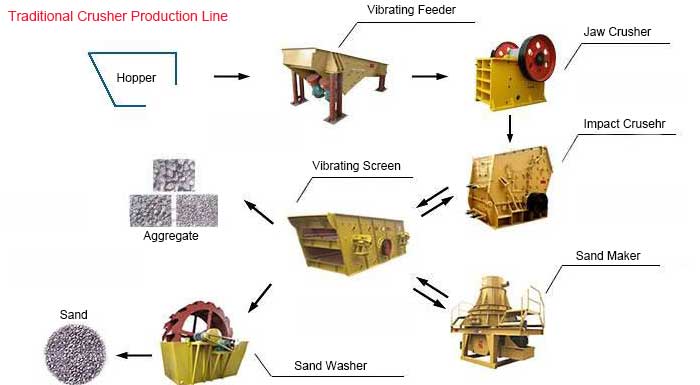 Top 10 Crusher Machine Working Principle
Top 10 Crusher Machine Working Principle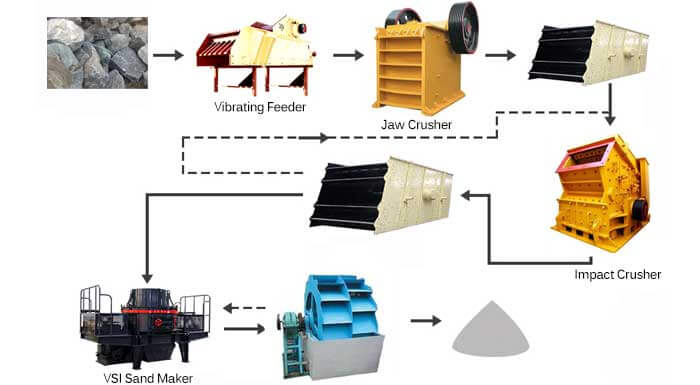 VSI Sand Making Machine | Working Principle & Applications
VSI Sand Making Machine | Working Principle & Applications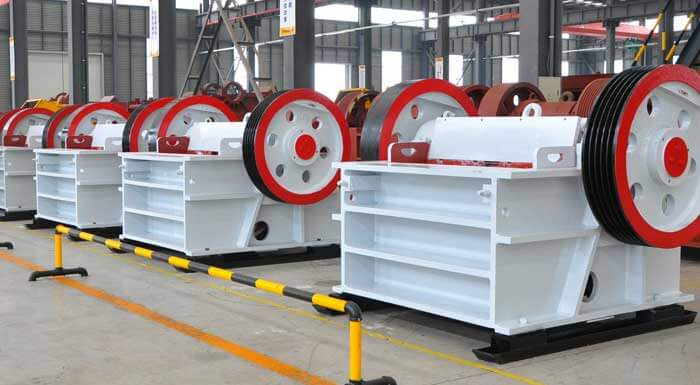 When Use A Jaw Crusher & How To Choose A Right One
When Use A Jaw Crusher & How To Choose A Right One What is Cone Crusher | How To Select Cone Crusher Correctly
What is Cone Crusher | How To Select Cone Crusher Correctly